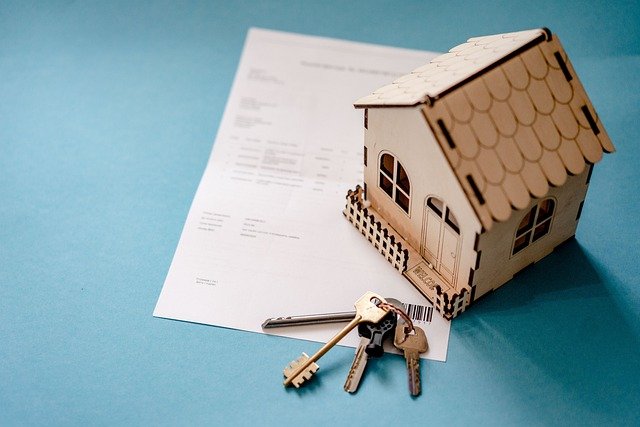Rent to Own Homes: Understanding the Process and Finding Options
Rent-to-own houses offer a practical way to transition from renting to owning. By paying rent with a portion applied toward purchase, prospective homeowners can gradually build equity, explore the property and community, and plan their finances before finalizing the full investment.

What are rent to own homes and how do they work?
Rent to own homes, also known as lease-option agreements, are properties that allow tenants to rent with the possibility of purchasing the home after a specified period. Typically, these agreements last between one to three years. During this time, the tenant pays rent, often with a portion going towards a future down payment. At the end of the lease term, the tenant has the option to buy the property, usually at a predetermined price.
The structure of rent to own agreements can vary, but most include:
-
An option fee: A non-refundable upfront payment that secures the tenant’s right to purchase the property later.
-
Rent premium: An additional amount paid on top of the standard rent, which is credited towards the purchase price.
-
Maintenance responsibilities: Often, the tenant is responsible for minor repairs and maintenance during the rental period.
-
Purchase price: The future selling price is typically agreed upon at the start of the lease.
How can I find rent to own houses in my area?
Finding rent to own houses locally requires a combination of research and networking. Here are several strategies to locate potential options:
-
Online real estate platforms: Many websites specialize in rent to own listings or have filters for these types of properties.
-
Local real estate agents: Some agents focus on or have experience with rent to own transactions and can help identify opportunities.
-
Property management companies: These firms may offer rent to own options on behalf of their clients.
-
Classifieds and local newspapers: Some private owners advertise rent to own opportunities in these traditional media.
-
Networking: Spread the word among friends, family, and colleagues that you’re looking for rent to own options.
-
Direct mail or door-knocking: In target neighborhoods, you can send letters or speak directly with homeowners about potential rent to own arrangements.
What are the advantages and disadvantages of rent to own house options?
Rent to own arrangements offer several potential benefits:
-
Time to improve credit: Renters can work on boosting their credit scores during the lease period to qualify for better mortgage terms.
-
Locking in a purchase price: In appreciating markets, setting the future purchase price can be advantageous.
-
“Try before you buy”: Living in the home allows tenants to ensure it meets their needs before committing to purchase.
-
Building equity: A portion of monthly payments may go towards the future down payment.
However, there are also drawbacks to consider:
-
Higher costs: Rent payments are often above market rate due to the added premium.
-
Risk of losing money: If the tenant decides not to purchase, they forfeit the option fee and any premium payments.
-
Responsibility without ownership: Tenants may be required to handle repairs and maintenance without actually owning the property.
-
Market changes: If property values decline, the tenant may be locked into an above-market purchase price.
What should I look for in a rent to own agreement?
When considering a rent to own agreement, it’s crucial to pay attention to several key factors:
-
Purchase price: Ensure the agreed-upon future price is fair and based on current market value plus expected appreciation.
-
Option fee amount: This should be reasonable and clearly stated as either refundable or non-refundable.
-
Rent credit: Verify what percentage of your rent payments will be credited towards the purchase.
-
Maintenance terms: Understand your responsibilities for property upkeep during the rental period.
-
Purchase timeline: Know exactly when you need to decide about buying the property and secure financing.
-
Default clauses: Be clear on what happens if you miss payments or decide not to purchase.
How can I determine if a rent to own option is right for me?
Deciding whether a rent to own arrangement is suitable depends on your individual circumstances. Consider the following:
-
Financial readiness: Assess your current financial situation and projected ability to qualify for a mortgage in the future.
-
Long-term plans: Ensure you’re committed to staying in the area and the specific property for an extended period.
-
Market conditions: Research local real estate trends to gauge whether the agreed-upon purchase price is likely to be favorable.
-
Alternative options: Compare rent to own with traditional renting and immediate purchasing to determine the best path.
-
Legal advice: Consult with a real estate attorney to review the agreement and understand your rights and obligations.
Rent to own homes can provide a viable path to homeownership for those who need time to prepare financially or improve their credit. By thoroughly researching options, understanding the terms of agreements, and carefully considering personal circumstances, potential buyers can make informed decisions about whether rent to own is the right choice for their housing needs.




